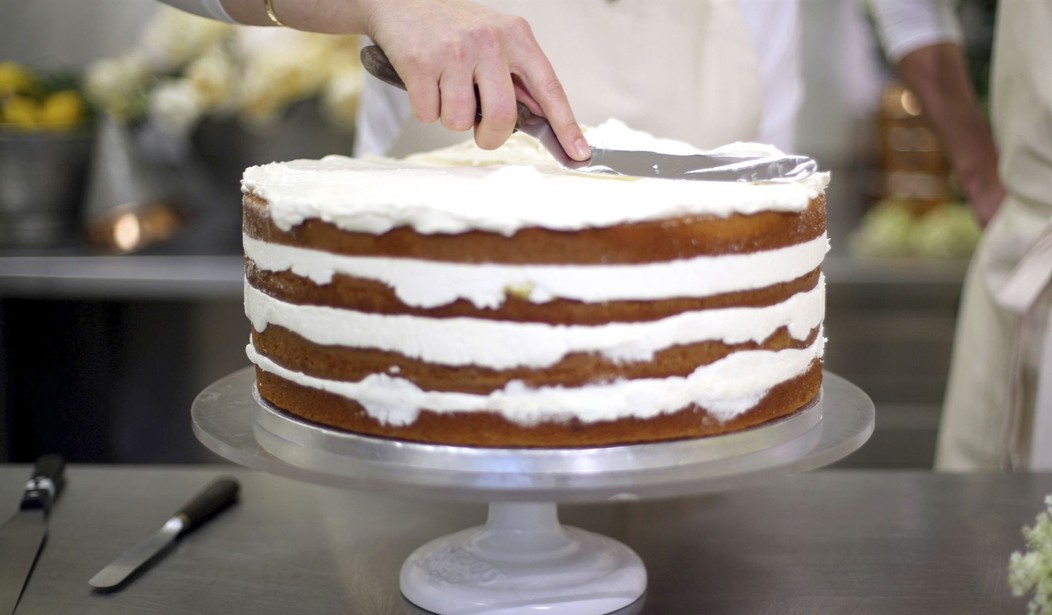Britain’s top food watchdog recently warned that bringing cake to the office is comparable to subjecting coworkers to second-hand cigarette smoke.
Professor Susan Jebb, chair of the UK’s Food Standards Agency, told The Times Health commission, “We all like to think we’re rational, intelligent, educated people who make informed choices the whole time and we undervalue the impact of the environment,” adding that “If nobody brought in cakes into the office, I would not eat cakes in the day, but because people do bring cakes in, I eat them. Now, OK, I have made a choice, but people were making a choice to go into a smoky pub.”
Jebb, who was speaking to The Times in her capacity as a private citizen, said that passive smoke is harmful, “and exactly the same is true of food,” citing skyrocketing obesity rates in the UK.
“With smoking, after a very long time, we have got to a place where we understand that individuals have to make some effort but that we can make their efforts more successful by having a supportive environment,” Jebb argued. “But we still don’t feel like that about food.”
Well, maybe that’s because food in the office only affects the individuals who eat it — unlike second-hand smoke, which is inhaled by everyone in close proximity to the smoker.
Related: New Medical Advice for Fat Kids Urges Drugs and Surgery Over Diet and Exercise
Jebb went on to say that junk food ads are “undermining people’s free will,” yet claimed that restrictions are “not about the nanny state.”
“Advertising means that the businesses with the most money have the biggest influence on people’s behaviour,” she continued. “That’s not fair. At the moment we allow advertising for commercial gain with no health controls on it whatsoever and we’ve ended up with a complete market failure because what you get advertised is chocolate and not cauliflower.”
What could be more nanny-state than the government interfering in the free market? Or telling people what they can and cannot eat at work?
British Christopher Snowdon, writing at Substack:
Does [Jebb] think there is a huge latent demand for cauliflower? Does she believe that a nationwide marketing campaign for it would lead to people snacking on cauliflower instead of chocolate? Economists would predict that such an advertising blitz would, at best, lead to vegetable eaters consuming slightly less swede and slightly more cauliflower, but let’s test it. Let the Food Standards Agency put some of its £143 million budget into advertising vegetables and see how it goes. My guess is that it will go about as well as all the other expensive media campaigns governments have wasted money on trying to get people to eat a more ascetic diet.
And yes, Susan, making it illegal for food companies to tell consumers about their products is ‘nanny state’. And no, what you’re describing is not a ‘market failure’.
These are the same people who are trying to make us eat crickets and believe that cauliflower tastes like rice. And the same people who told us to eat margarine for our health before reversing course and saying it will kill us, and now claiming that it’s good for us again.
Yes, obesity is a problem, and yes, it costs the UK’s National Health Service an incalculable amount of money. But government can’t fix what are, at heart, personal or cultural problems. People eat junk food because it tastes good, and the government has no business grabbing the fork out of your mouth every time you take a piece of cake or forcing producers of junk food out of the ad market.










Join the conversation as a VIP Member